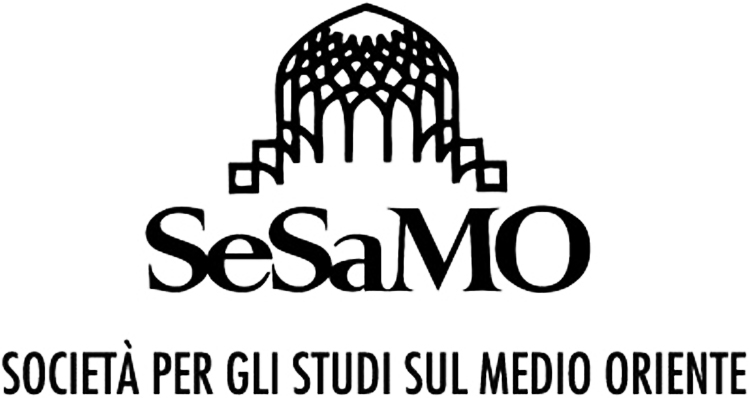“The event, scheduled for 30 June 2025, featured Francesca Albanese, UN Special Rapporteur on the situation of human rights in the Palestinian territories occupied since 1967, and Dr. Agnès Callamard, Secretary General of Amnesty International. The event had been fully booked, reflecting significant public interest. In your statement, you suggest that Albanese and Callamard—two globally respected legal and human rights experts and scholars—do not meet the standards of scientific independence and integrity. We find this deeply troubling.” […]
“Furthermore, the University’s last-minute cancellation raises serious concerns regarding Switzerland’s respect for academic freedom.” […]
“We therefore urge the University of Bern to:
- Issue a formal public apology to Francesca Albanese and Agnès Callamard for the cancellation of their participation and for the implications conveyed in the public statements issued by the university, and to find another date to hold the event at the university.
- Provide full transparency regarding the circumstances that led to the withdrawal of the room reservation, including who was involved in the decision and on what grounds it was made.
- Clarify and publish the university’s internal procedures and criteria for organizing public events, ensuring that these are transparent, consistent, and applied without discrimination.
- Uphold the right of students and staff to engage in peaceful protest and critical inquiry within the university, and respond to their concerns and fears with due respect.
- Actively protect students and staff from political pressure, intimidation, and media attacks that threaten their safety or academic freedom.
- Avoid the instrumentalization of the IHRA working definition of antisemitism in ways that curtail legitimate academic or political expression, particularly when related to critiques of state policies.
- Publicly commit to fostering open, critical, and evidence-based debate on international humanitarian law and human rights.
- Refrain from adopting or supporting measures that compromise the university’s role as a space for pluralism, critical thought, and dissent, especially in matters of global justice.”
